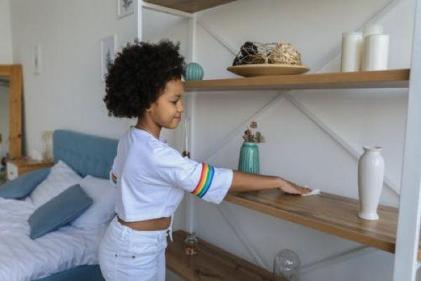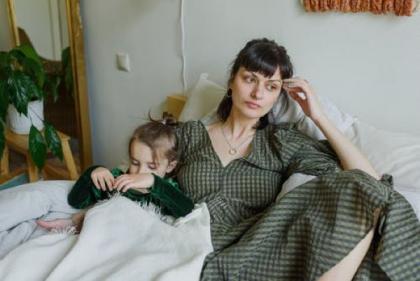Some sexualised behaviour is normal in kids - they are, after all, human. The trick is to know when to intervene and, when you do, explain to your child in a sensitive manner that certain behaviour is not appropriate. For most parents of preschoolers, you won't need to be worried about this for some time to come, but knowing what could be down the road can be helpful for not over-reacting (or under-reacting) when and if you are faced with this issue
Sexualised behaviour falls into 3 broad categories: normal, problematic and abusive. Problematic behaviour includes where such behaviour interferes with the rest of the child's development, if it puts them at risk of harm, if it interferes with family relationships, if it violates rules, or if it is seen by the child as a problem. In addition, if behaviour causes problems for others, then that's problematic too. More extreme behaviour - abusive behaviour - can arise as a result of a range of reasons which may include prior (or ongoing) traumatisation, an overly-sexualised home environment or simply lack of self-management (impulsiveness).
In kids up to 12 years old, the report lists the following as normal sexual behaviour:
- Genital or reproduction conversations with peers or siblings
- "You show me yours/I'll show you mine" conversations (with peers)
- Playing 'doctor'
- Occasional masturbation without penetration
- Kissing and flirting
- Dirty words or jokes within peer group
If you become aware of activities that fall outside this list, or are otherwise concerned about your child's behaviour, you should phone the NSPCC on 0808 800 5000




